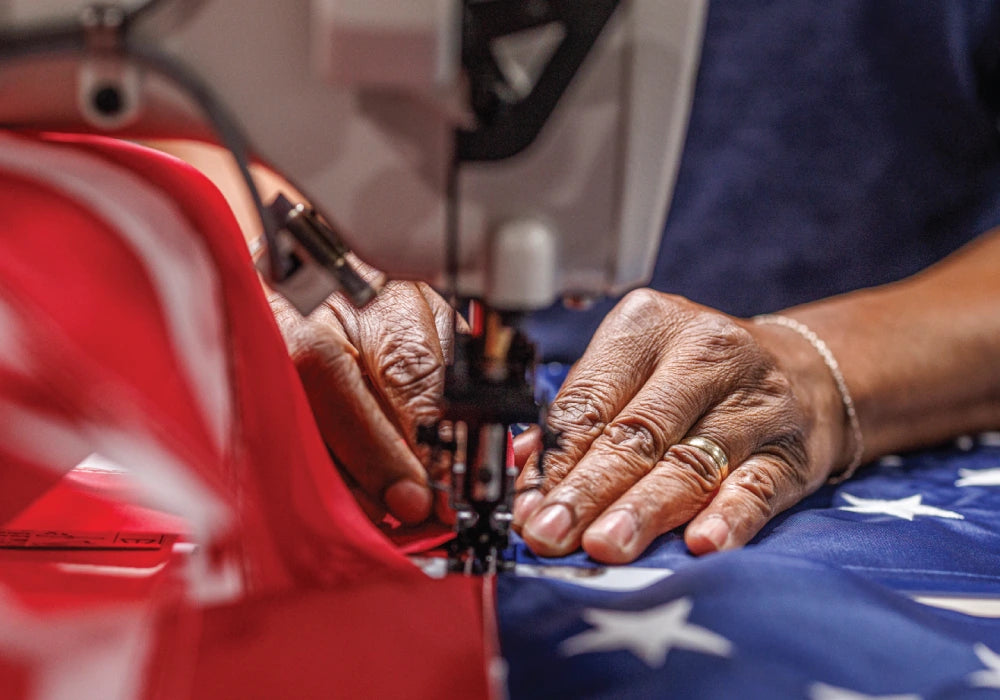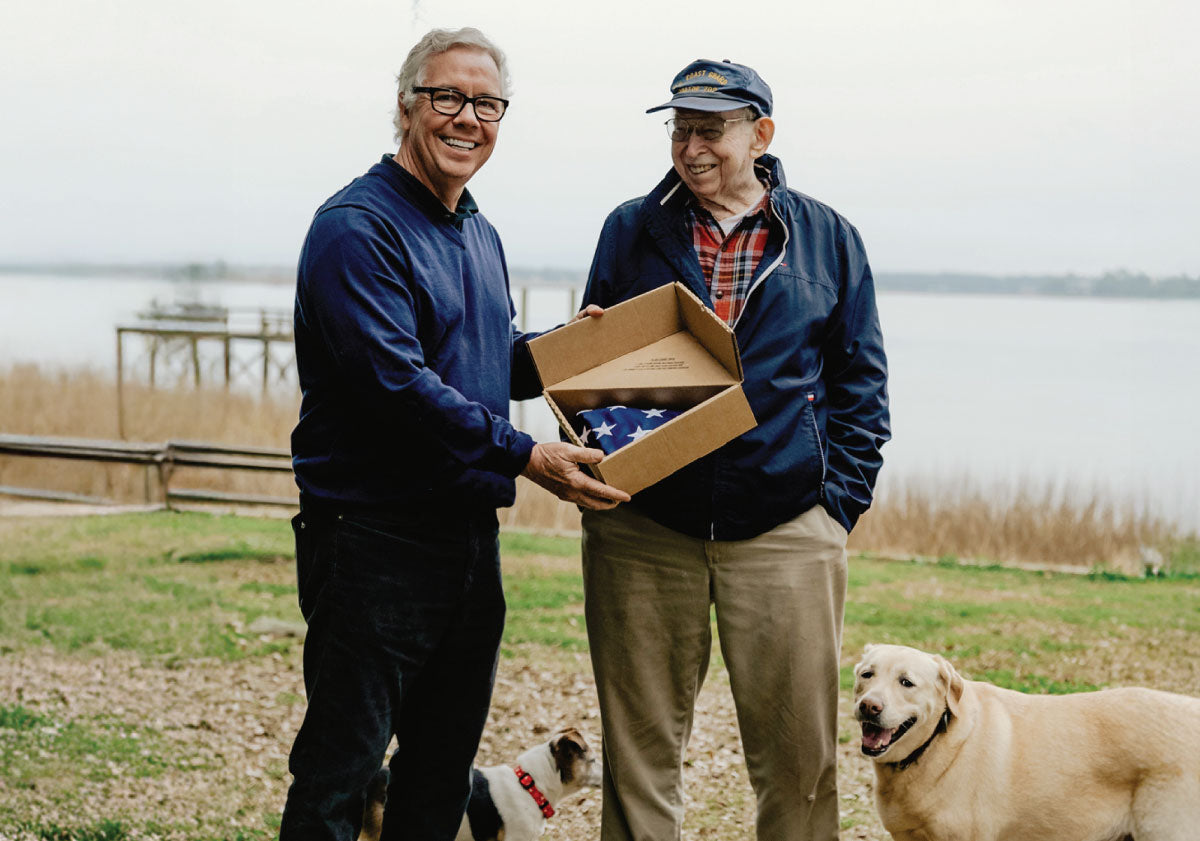January 5

1920
The New York Yankees major league baseball club announced its purchase of the heavy-hitting outfielder George Herman “Babe” Ruth from the Boston Red Sox for the sum of $125,000. Throughout the rest of the 20th century, the legacy of the lopsided trade continued to hover over major league baseball, as the Yankees won 39 AL pennants and 26 World Series titles and the Red Sox went 86 years without a World Series win. In 2004, the Sox finally shook the “Curse of the Bambino,” coming from behind to beat the Yankees in the AL Championship and beating the St. Louis Cardinals to win their first Series since 1918.

1933
Construction began on the Golden Gate Bridge, as workers excavated 3.25 million cubic feet of dirt for the structure’s huge anchorages. Following the Gold Rush boom that began in 1849, speculators realized the land north of San Francisco Bay would increase in value in direct proportion to its accessibility to the city. Soon, a plan was hatched to build a bridge that would span the Golden Gate, a narrow, 400-foot deep strait that serves as the mouth of the San Francisco Bay, connecting the San Francisco Peninsula with the southern end of Marin County. The Golden Gate Bridge officially opened on May 27, 1937, the longest bridge span in the world at the time. With its tall towers and famous trademarked "international orange" paint job, the bridge quickly became a famous American landmark, and a symbol of San Francisco.

1973
Columbia Records released Bruce Springsteen's debut album "Greetings from Asbury Park, N.J." While the album initially suffered from average sales, it received positive critical reviews. After recording, Columbia records president Clive Davis rejected the album due to it not having a potential single. Springsteen quickly wrote "Blinded By the Light" and "Sprit in the Night." In a career spanning six decades, Springsteen has become known for his poetic, socially conscious lyrics and energetic stage performances, sometimes lasting up to four hours. In 2003, the album was ranked at No. 379 in Rolling Stone's 500 Greatest Albums of All Time and as one of the "100 Greatest Debut Albums of All-Time" in 2013.
January 6

1838
Samuel Morse’s telegraph system was demonstrated for the first time at the Speedwell Iron Works in Morristown, New Jersey. The telegraph, a device which used electric impulses to transmit encoded messages over a wire, would eventually revolutionize long-distance communication, reaching the height of its popularity in the 1920s and 1930s. In 1843, Morse finally convinced a skeptical Congress to fund the construction of the first telegraph line in the United States, from Washington, D.C., to Baltimore. In May 1844, Morse sent the first official telegram over the line, with the message: “What hath God wrought!”

1975
Wheel of Fortune, one of the the longest-running syndicated game shows in American television, premiered on NBC. Created by television legend Merv Griffin and hosted since the early 1980s by Pat Sajak and Vanna White, Wheel is one of the most popular television shows in the world. Griffin, who had already created another iconic game show, Jeopardy!, conceived of Wheel as a combination between Hangman and roulette. The show's producers claim that over 1 million people have auditioned to be contestants and the show has paid out a total of more than $200 million. Painfully awkward or incorrect guesses by contestants have also been comedic fodder for generations of Americans.

1994
Olympic hopeful Nancy Kerrigan was attacked at a Detroit ice rink following a practice session two days before the Olympic trials. A man hit Kerrigan with a club on the back of her knee, causing the figure skater to cry out in pain and bewilderment. One of Kerrigan’s chief rivals for a place on the U.S. Figure Skating Team was Tonya Harding. With Kerrigan unable to skate, Harding won the championship and a place on the team. In mid-December 1993, Harding’s ex-husband, Jeff Gillooly, arranged the attack. Initially claiming no knowledge of the attack, Harding eventually admits she learned of Gillooly’s role after the championships but did not inform authorities.
January 7

1927
The Harlem Globetrotters basketball team travelled 48 miles west from Chicago to play their first game in Hinckley, Illinois. The Globetrotters were the creation of Abe Saperstein of Chicago, who took over coaching duties for a team of African American players originally known as the Savoy Big Five (after the famous Chicago ballroom where they played their early games). At a time when only whites were allowed to play on professional basketball teams, Saperstein decided to promote his new team’s racial makeup by naming them after Harlem, the famous African American neighborhood of New York City.

1955
The curtain at the Metropolitan Opera in New York rose to reveal Marian Anderson, the first African American to perform at the Metropolitan Opera House in a performance that left many audience members in tears. By then, Anderson was in the twilight of a career that was equal parts acclaimed and inhibited by racism. She became a sensation in Europe, but was denied bookings due to racism in her return to the US. She became a Civil Rights icon when a group of supporters that included President Franklin D. Roosevelt and his wife, Eleanor, helped her put on a concert at the Lincoln Memorial.


1953
In his final State of the Union address before Congress, President Harry S. Truman told the world that the United States had developed a hydrogen bomb. The announcement followed detonation tests at Eniwetok (in the Marshall Islands) in November 1952 of the hydrogen bomb named “Mike.” The explosion proved to be over 450 times the power of the bomb dropped onto Nagasaki. Truman had initially wanted to keep the test secret, but as word to the media was leaking out, he decided to include the announcement in his January 7 speech.
January 8

1978
Harvey Milk, the first openly gay elected official in the history of California, took his place on the San Francisco Board of Supervisors. A native of Long Island, New York, Milk served in the U.S. Navy before working at a Wall Street investment firm. Keeping his homosexuality a secret at first, Milk became more openly gay through his exposure to New York City’s bohemian theater scene. After moving to San Francisco in the early 1970s, Milk established himself as a leading political activist for the gay community. Winning a seat on the city’s Board of Supervisors, he emerged as one of the country’s preeminent openly gay elected officials, spearheading an important anti-discrimination measure. Milk was murdered in November 1978 by a former colleague, Dan White.

2002
President George W. Bush signed the No Child Left Behind Act into law. The sweeping update to the Elementary and Secondary Education Act of 1965 created new standards and goals for the nation’s public schools and implemented tough corrective measures for schools that failed to meet them. Today, it is largely regarded as a failed experiment. In 2015, NCLB was replaced with the Every Student Succeeds Act, which retained parts of the old law but attempted to make it less punitive to underperforming schools. Today, NCLB is often cited as an overly harsh approach to education reform, while many Americans simply remember it as the reason they had to take so many standardized tests.

2011
Gabrielle Giffords, a U.S. congresswoman from Arizona, was shot at point-blank range and critically injured when 22-year-old Jared Lee Loughner goes on a shooting spree during a constituents meeting held by the congresswoman outside a Tucson-area supermarket. Six people died in the attack and another 13, including Giffords, were wounded. By May, with intense rehabilitation, Giffords was able relearn how to walk and talk enough to watch the launch of the final flight of space shuttle Endeavour, commanded by her husband, astronaut Mark Kelley. In 2012, Giffords resigned from Congress in order to concentrate on her continuing recovery.
January 9

1776
Writer Thomas Paine published his pamphlet “Common Sense,” setting forth his arguments in favor of American independence. Originally published anonymously, “Common Sense” advocated independence for the American colonies from Britain and is considered one of the most influential pamphlets in American history. Credited with uniting average citizens and political leaders behind the idea of independence, “Common Sense” played a remarkable role in transforming a colonial squabble into the American Revolution.

1861
A Union merchant ship, the Star of the West, was fired upon as it tried to deliver supplies to Fort Sumter in Charleston Harbor, South Carolina. Two cannon shots roared from a South Carolina battery on Morris Island. They came from gunner George E. Haynsworth, a cadet at The Citadel in Charleston. The shots represented the opening salvo of the war. This incident was the first time shots were exchanged between North and South and resulted in strong talk on both sides, but stopped short of war. The standoff at Fort Sumter continued until the Confederates attacked in April, triggering the Civil War.

2007
Apple Inc. CEO Steve Jobs unveiled the iPhone—a touchscreen mobile phone with an iPod, camera and Web-browsing capabilities, among other features—at the Macworld convention in San Francisco. Time magazine named the sleek, 4.8-ounce device, originally available in a 4GB, $499 model and an 8GB, $599 model, its invention of the year. The iPhone helped turned Apple, which Jobs co-founded with his friend Stephen Wozniak in California in 1976, into one of the planet’s most valuable corporations. The iPhone joined a list of innovative Apple products, including the Macintosh (launched in 1984, it was one of the first personal computers to feature a graphical user interface, which allowed people to navigate by pointing and clicking a mouse rather than typing commands) and the iPod portable music player (launched in 2001), that became part of everyday modern life.
January 10

1901
A drilling derrick at Spindletop Hill near Beaumont, Texas, produced an enormous gusher of crude oil, coating the landscape for hundreds of feet and signaling the advent of the American oil industry. The geyser was discovered at a depth of over 1,000 feet, flowed at an initial rate of approximately 100,000 barrels a day and took nine days to cap. Following the discovery, petroleum, which until that time had been used in the U.S. primarily as a lubricant and in kerosene for lamps, would become the main fuel source for new inventions such as cars and airplanes; coal-powered forms of transportation including ships and trains would also convert to the liquid fuel.


1999
"The Sopranos," starring James Gandolfini as mobster Tony Soprano, debuted on HBO. The show follows Tony and the difficulties he goes through trying to balance his family life with his role as the leader of a criminal organization. The Sopranos is widely regarded as one of the greatest television series of all time. The series won a multitude of awards, including Peabody Awards, Primetime Emmy Awards, and Golden Globe Awards. Several members of the show's cast and crew were largely unknown to the public but have since had successful careers. In 2013, the Writers Guild of America named The Sopranos the best-written TV series of all time.

2000
In one of the biggest media mergers in history, America Online Inc. announced plans to acquire Time Warner Inc. for some $182 billion in stock and debt. The result was a $350 billion mega-corporation, AOL Time Warner, which held dominant positions in every type of media, including music, publishing, news, entertainment, cable and the Internet. The potential windfall promised by the plan to sell Time Warner content through the AOL network never materialized, and when the Internet bubble burst in 2001, the company’s losses reached record proportions. In 2002, as investors pulled out en masse of many Internet-related stocks, AOL Time Warner reported a quarterly loss of $54 billion, the largest ever for a U.S. company.
January 11

1908
U.S. President Theodore Roosevelt declared the massive Grand Canyon in northwestern Arizona a national monument. He declared, “Let this great wonder of nature remain as it now is. You cannot improve on it. But what you can do is keep it for your children, your children’s children, and all who come after you, as the one great sight which every American should see.” Congress did not officially outlaw private development in the Grand Canyon until 1919, when President Woodrow Wilson signed the Grand Canyon National Park Act. Today, more than 5 million people visit the canyon each year.


1935
In the first flight of its kind, American Amelia Earhart departed Wheeler Field in Honolulu, Hawaii, on a solo flight to North America. Hawaiian commercial interests offered a $10,000 award to whoever accomplished the flight first. The next day, after traveling 2,400 miles in 18 hours, she safely landed at Oakland Airport in Oakland, California. She was the first person to fly solo between Hawaii and the continental United States. Two years after her Hawaii to California flight, she attempted with navigator Frederick J. Noonan to fly around the world, but her plane was lost on July 2, 1937, somewhere between New Guinea and Howland Island in the South Pacific. Radio operators picked up a signal that she was low on fuel—the last trace the world would ever know of Amelia Earhart.


1978
Toni Morrison won the National Book Critics Circle Award for Song of Solomon. The award brought the writer national attention for the first time. She would continue to release critically acclaimed masterpieces, including Tar Baby (1981), Beloved (1987) and Jazz (1992), before winning the Nobel Prize for Literature in 1993. She was the first African American to win the award, as well as the first American woman to win in more than 50 years.






